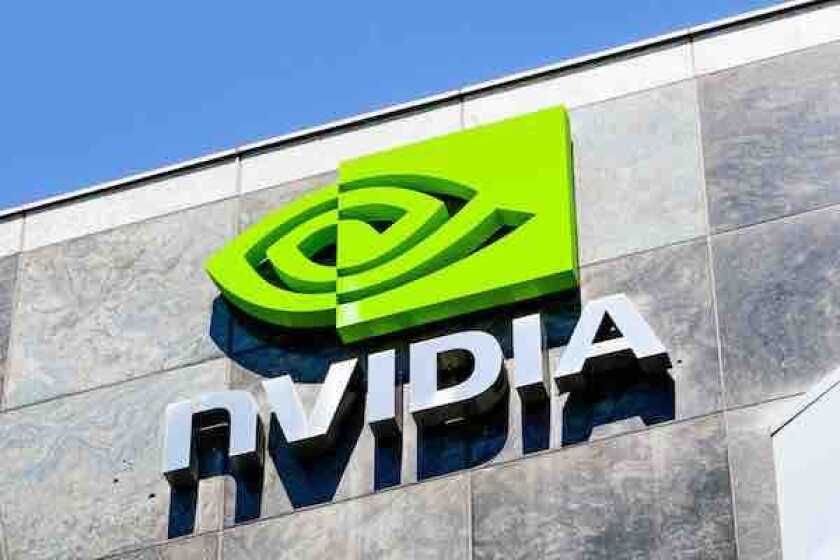The Federal Trade Commission (FTC) yesterday sued to block Nvidia acquisition of Arm, a UK company that is currently owned by SoftBank of Japan.
“The proposed vertical deal would give one of the largest chip companies control over the computing technology and designs that rival firms rely on to develop their own competing chips,” said the FTC, whose mission is to “protect consumers from unfair and deceptive practices in the marketplace”.
FTC Bureau of Competition director Holly Vedova said: “The FTC is suing to block the largest semiconductor chip merger in history to prevent a chip conglomerate from stifling the innovation pipeline for next-generation technologies.”
The FTC joins the UK government’s Competition and Markets Authority (CMA), which said in August that Nvidia’s purchase of Arm “raises serious competition concerns” and warranted an in-depth investigation.
SoftBank bought Arm five years ago for over £24 billion, with the UK government’s approval, even though similar concerns were raised at the time. This time round, the UK has suggested there might be national security plans, which is why its Department for Digital, Culture, Media and Sport (DCMS) handed the task to the CMA.
But the FTC decision – a US agency deciding against a US company’s expansion – might be the final turning point that blocks California-based Nvidia’s plans.
The FTC said in an unusually forthright comment: “The combined firm would have the means and incentive to stifle innovative next-generation technologies, including those used to run data centres and driver-assistance systems in cars.”
Vedova added: “The FTC’s lawsuit should send a strong signal that we will act aggressively to protect our critical infrastructure markets from illegal vertical mergers that have far-reaching and damaging effects on future innovations.”






